Australia‘s craft beer system at brink of collapse - as breweries lose battle to multimillion dollar overseas giants
Australia’s once thriving independent brewery scene is at risk of collapse - and there’s a $29 billion reason for it.
Small Business
Don't miss out on the headlines from Small Business. Followed categories will be added to My News.
Australia’s once thriving craft beer scene is at risk of mass closures as independent brewers face a “perfect storm”.
The start of 2024 gave beer fans a tragic reality check with news a cult favourite – Wayward Brewery – had reached the brink of collapse.
Peter Philip, the founder of the Wayward brand based in Camperdown in Sydney’s inner west, voluntarily put the popular business into administration on January 2, owing approximately $2 million to trade creditors, statutory creditors and shareholders.
Meanwhile, some of the country’s most loved beer brands aren’t even owned by Australian companies.
Asahi, the Japanese food and beverage giant, acquired Carlton and United Breweries from AB InBev in 2019.
VB, Great Northern and Carlton - seemingly Aussie classics - are all owned by the $29 billion Japanese corporate giant.
Asahi also owns several highly-acclaimed former craft breweries across the country, including 4 Pines, Balter Brewing, Green Beacon, Mountain Goat, Pirate Life, Matilda Bay and Yak Brewing.
In the face of huge competition from multi-million dollar foreign companies, Mr Philip went out swinging, stating that conditions affecting smaller independent brewers were a “perfect storm” and that “consumers are not supporting us to the extent that we need”.
He said input costs had gone up 25 to 30 per cent in the past two years, with transport up 50 per cent and electricity up 70 per cent.
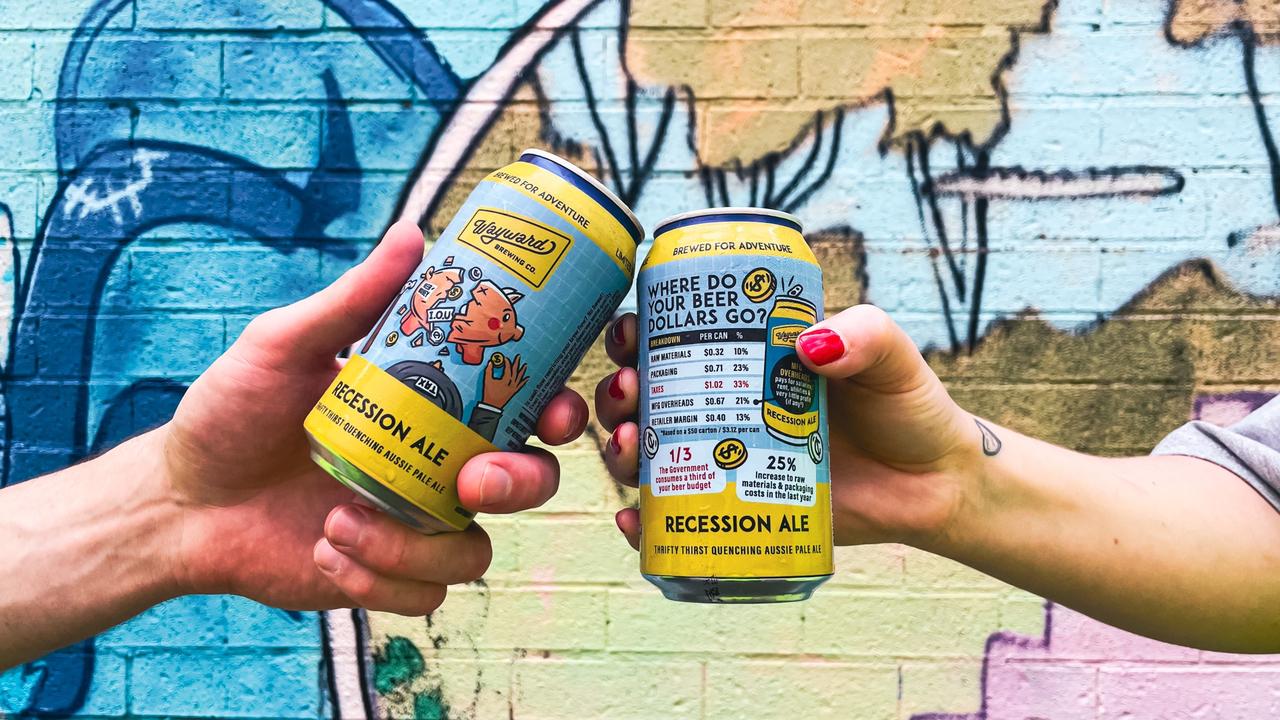
A number of craft brewers fell into administration in 2023, and Mr Philip, a former chairman of the Independent Brewers Association, warned Wayward “won’t be the last”.
Administrator Atle Crowe-Maxwell from DBA Reconstruction and Advisory added that the business was struggling under the weight of cost of living pressures and the high levels of government excise imposed on beer.
“This whole industry has just been smashed by excise,” he said of the government tax, which accounts for up to a third of the cost of beer.
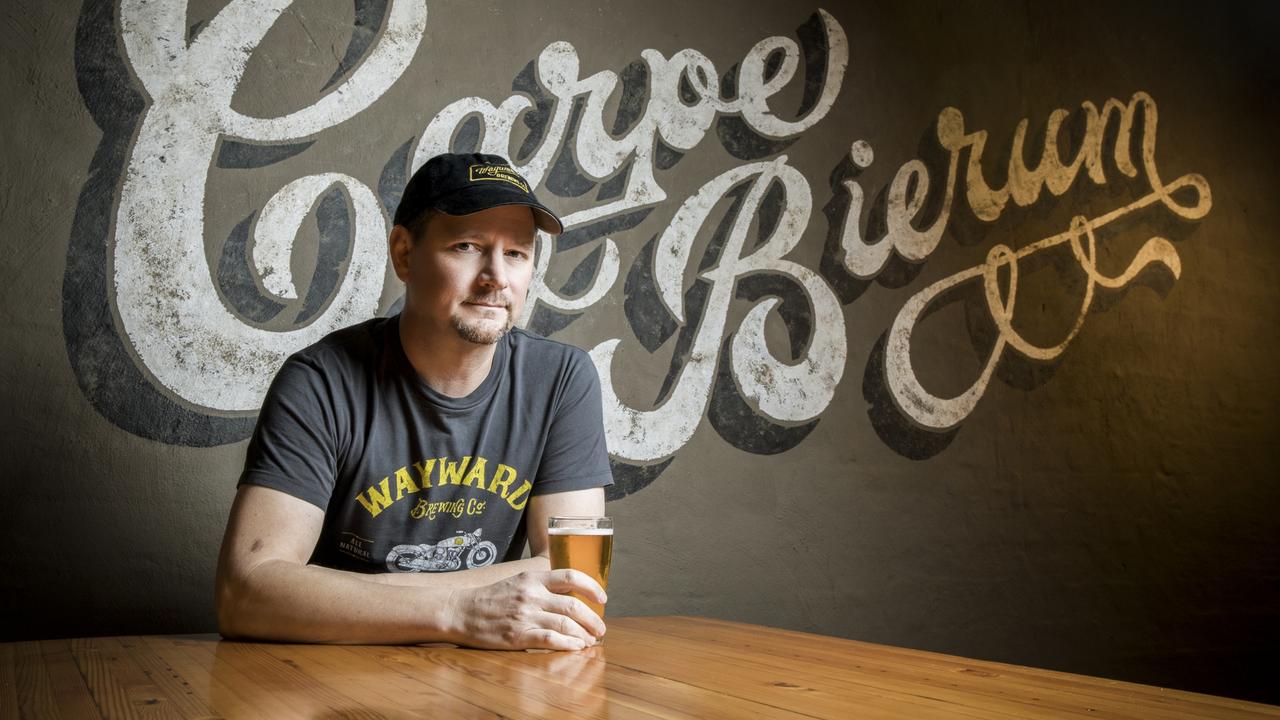
Partaking in an industry temperature check with news.com.au this week, Stef Constantoulas, co-founder of Sydney’s Philter Brewing, which pours across Australia, said the industry is stuck in a constant grind against myriad market forces.
“I don’t think there’s any lie that it’s a pretty tough trading environment for independent craft breweries at the moment,” he said.
“The number of friends of ours, unfortunately, hitting the administration button or losing their businesses is pretty shocking to see.
“We are in an industry where we are a premium on a premium.”
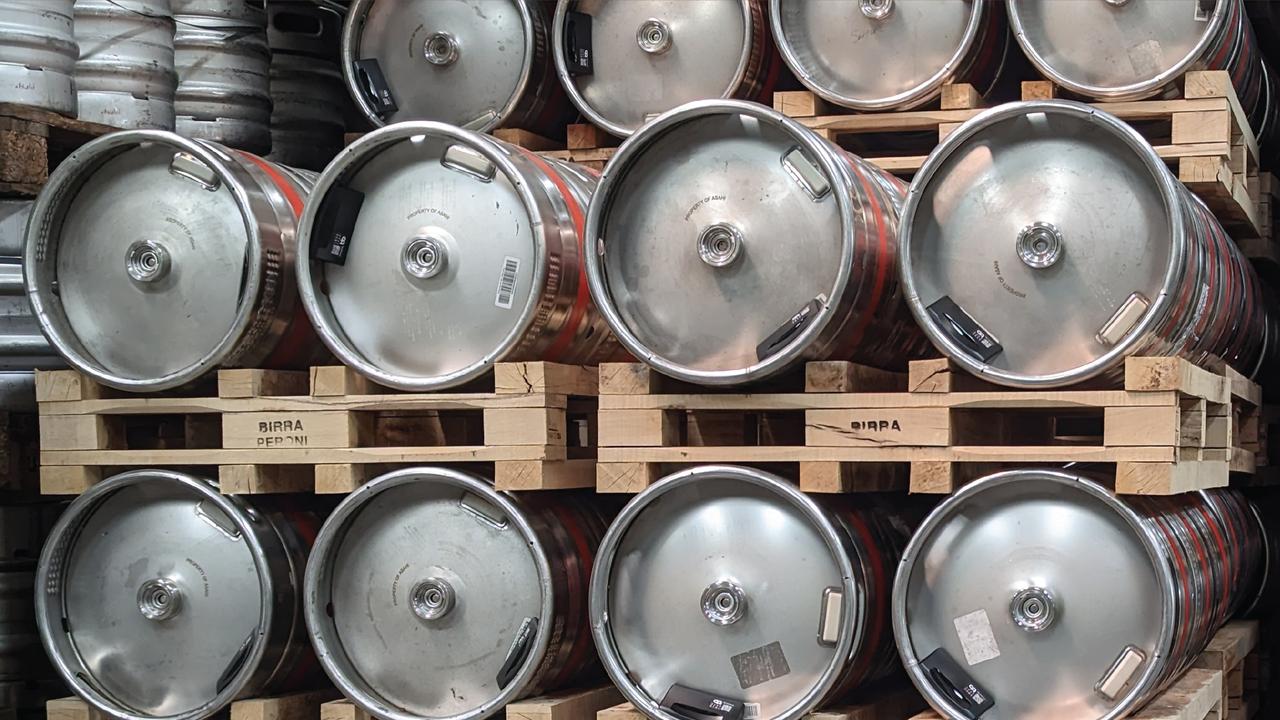
Two Japanese companies, Kirin (owner of Lion) and Asahi (owner of Carlton United Breweries, also known as CUB) are actively acquiring independent breweries.
Mr Constantoulas stated that staying competitive is becoming exceedingly difficult due to government pressure, making staying afloat even more challenging.
“We’re just not getting the support we need at a government level or at an overall industry to help us remain more competitive.
“Excise tax is the biggest gripe we have as an industry. We pay the same amount of excise that Lion or CUB do.”
Australia’s excise tax on alcohol is set to increase every six months, which will result in a continual rise in prices.
The tax has been widely criticised for contradicting the Federal Government’s $225m tax relief for small breweries and distillers as part of the 2021-22 federal budget.
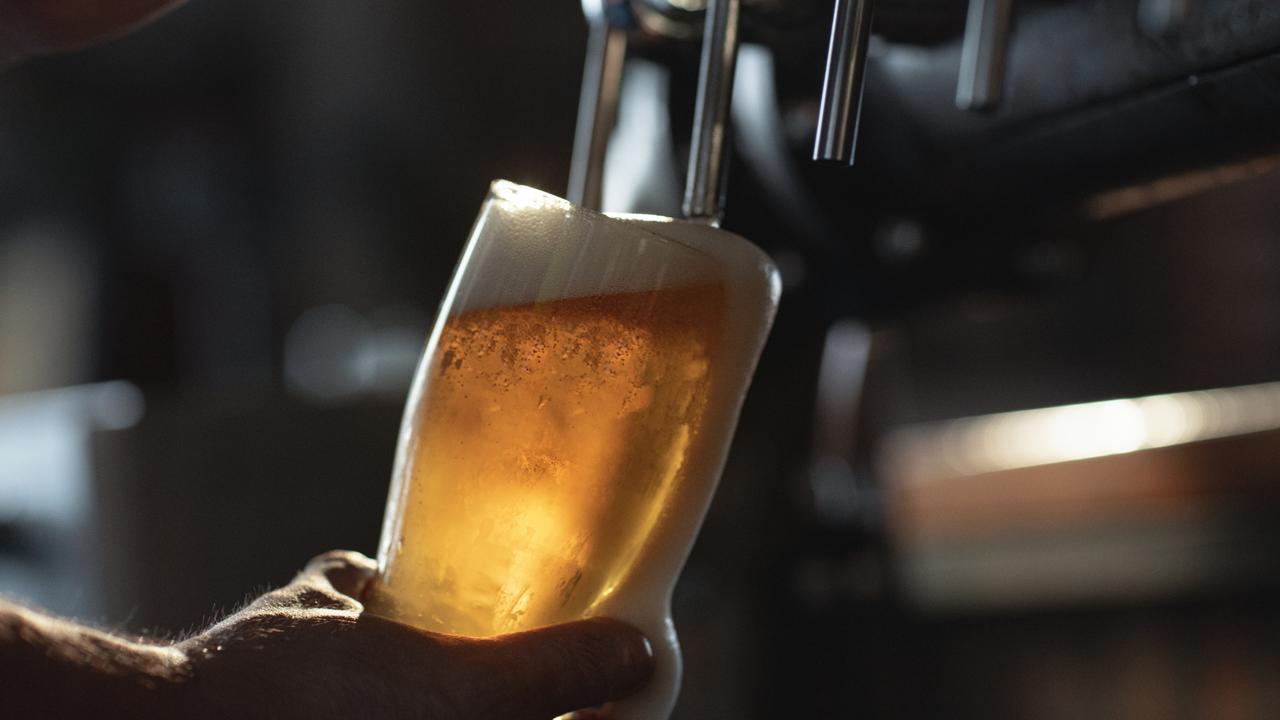
“All these things just affect the price on the shelf, and then with things like excise going up six monthly, it’s very hard for us to hold price,” Mr Constantoulas explained.
“It’s also very hard for a consumer to understand why their beer is getting more expensive.”
Mr Constantoulas mentioned that neither he nor most others in the industry criticise producers who choose to sell their brands to large international conglomerates.
“You can’t begrudge the guys who sold – it’s almost like winning the lottery, you know, in terms of the money that gets paid for these craft breweries,” he said.
“I think the shame for us as an industry as a whole is we lose very important players, because the ones getting bought are obviously quite large – we almost lose a big chunk of our voice when that happens.
“Craft, by definition, is independently owned.”
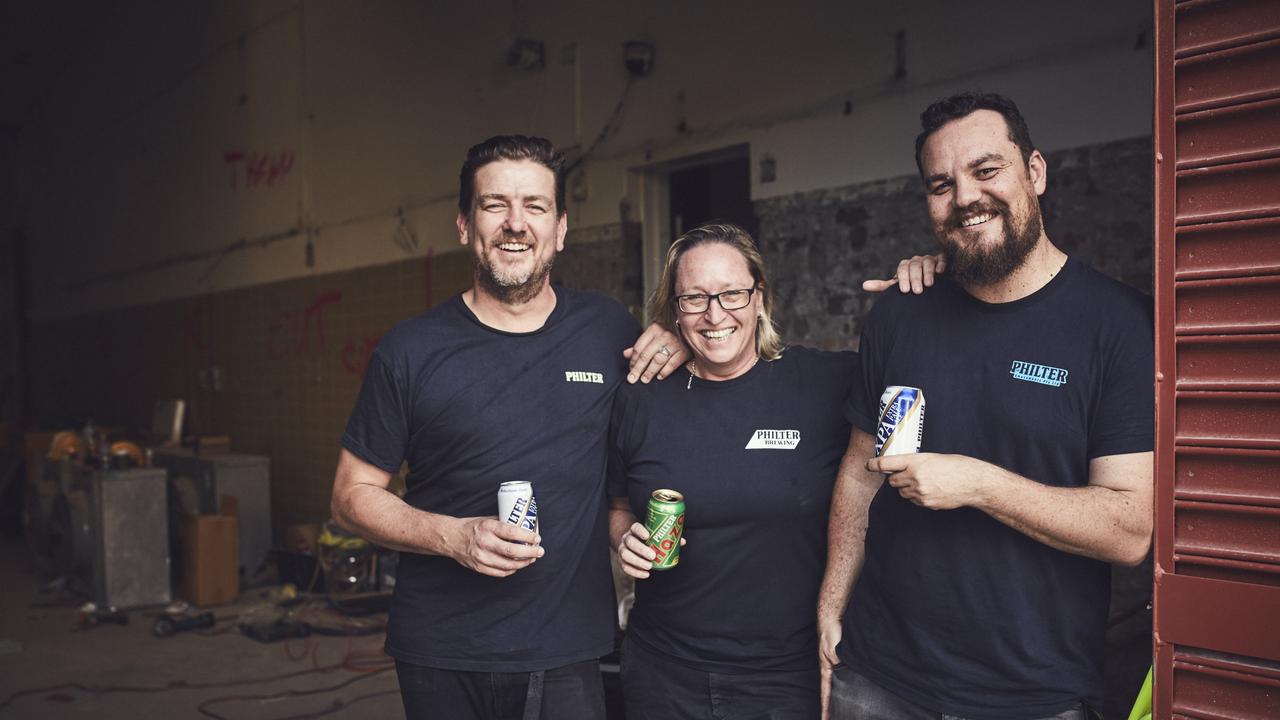
Craft beer makes up roughly 5 per cent of the beer market, according to Deloitte, yet it’s estimated to generate over 50 per cent of brewing jobs in Australia.
“We supply jobs for Australians; we supply our profits that go back into Australia,” Mr Constantoulas said of the merits of independents.
“It’s not going overseas, like the other 90 per cent of the beer sold in this country.”
“And yet, we don’t get the support from the government.”
Another little-known challenge independent brewers face is “tap contracts”. In these agreements, major companies acquire control over taps at pubs – something Mr Constantoulas says is prolific.
“I can’t afford $50,000 to take some taps,” he said.
“It means there are hundreds of us independent craft breweries fighting for two taps on a ten-tap rack.”
Mr Constantoulas also said that news of Wayward’s administration had shocked the industry.
“When good Australian businesses that have been in business for a long time, are starting to diverge on administration and problems, there’s something fundamentally wrong,” he said.
“There’s something wrong with a system and how it’s run when good businesses like that, popular brands, are being forced to go under.”
He adds that change is critically needed.
“With the pressure on household incomes, craft beer is no longer in the everyday purchase anymore,” he said.
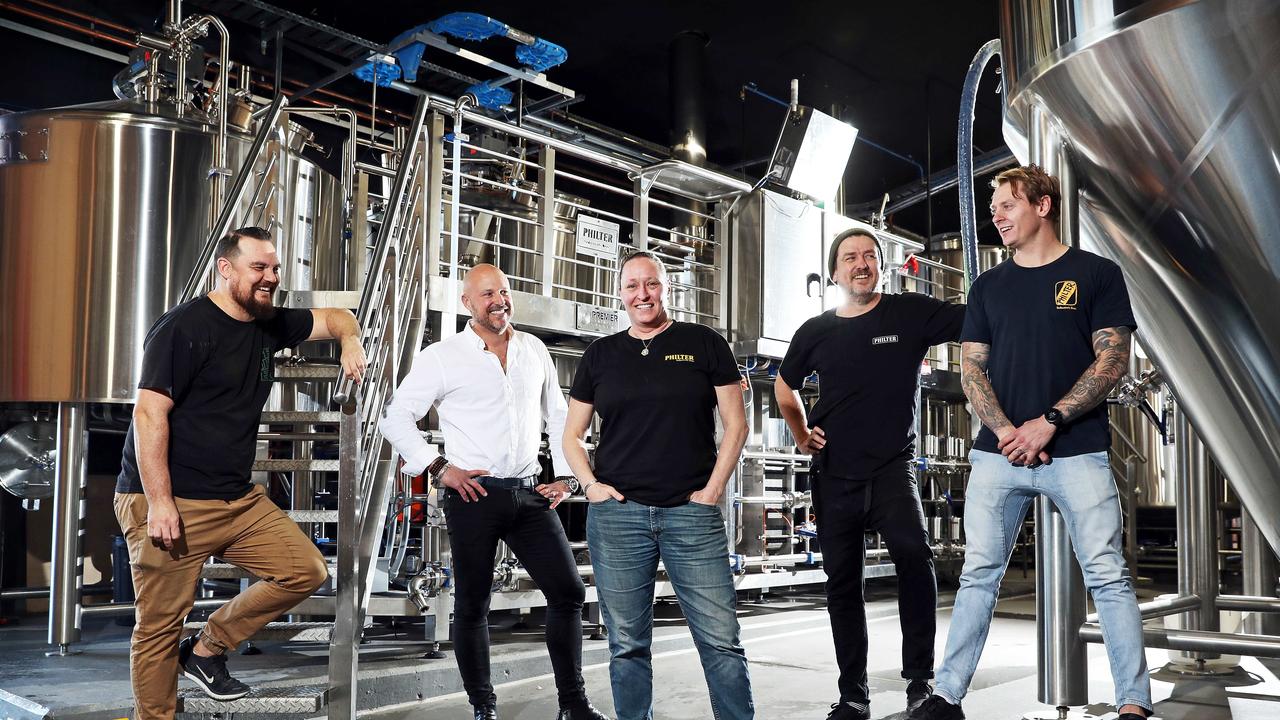
“You’re definitely seeing that in terms of the trends; there’s no way this year I’ll be producing as many double IPAs, or hazies and all those big beers because consumers just can’t afford to pay for them anymore.”
“You’re seeing craft guys go back into a trend of lager.”
Mr Constantoulas said large corporates had already come knocking at Philter’s door.
In response, Philter Brewing launched an equity crowd-funding campaign in October 2023, netting over $2m from more than 1200 investors.
“That was a great way for us to give back to the community, to the people who supported us,” Mr Constantoulas said.
“We could have gone down the roots of a larger corporation – they would have invested in us – but essentially, they’re going to take too much of the business.
“We just didn’t want to give our business away and lose control of it.
“We’ve now got 1200 new investors that are 1200 fans a Philter.”
Philter plans to use the funds to double its brewing capacity to 2.5 million litres to remain as competitive as possible.
And as genuinely independent Australian craft beer is becoming harder and harder to spot, Mr Constantoulas said anyone looking to buy should research before purchasing or looking for an independent seal.
“We are a big advocate of the independent seal, we use it on all of our packaging,” he said.
“I think there needs to be a lot more education; If a brand has that independent seal on it, you know it’s an Australian independent craft brand.”
Foreign giant Kirin acquired Lion Nathan (now Lion) in 2009. It is one of Japan’s largest beverage producers and a major member of the Mitsubishi Group.
Lion has acquired a number of craft beer brands in Australia, in addition to established brands it owns, such as Little Creatures, James Squire and White Rabbit.
The company has also acquired the Fermentum Group, which includes Stone & Wood and Fixation.
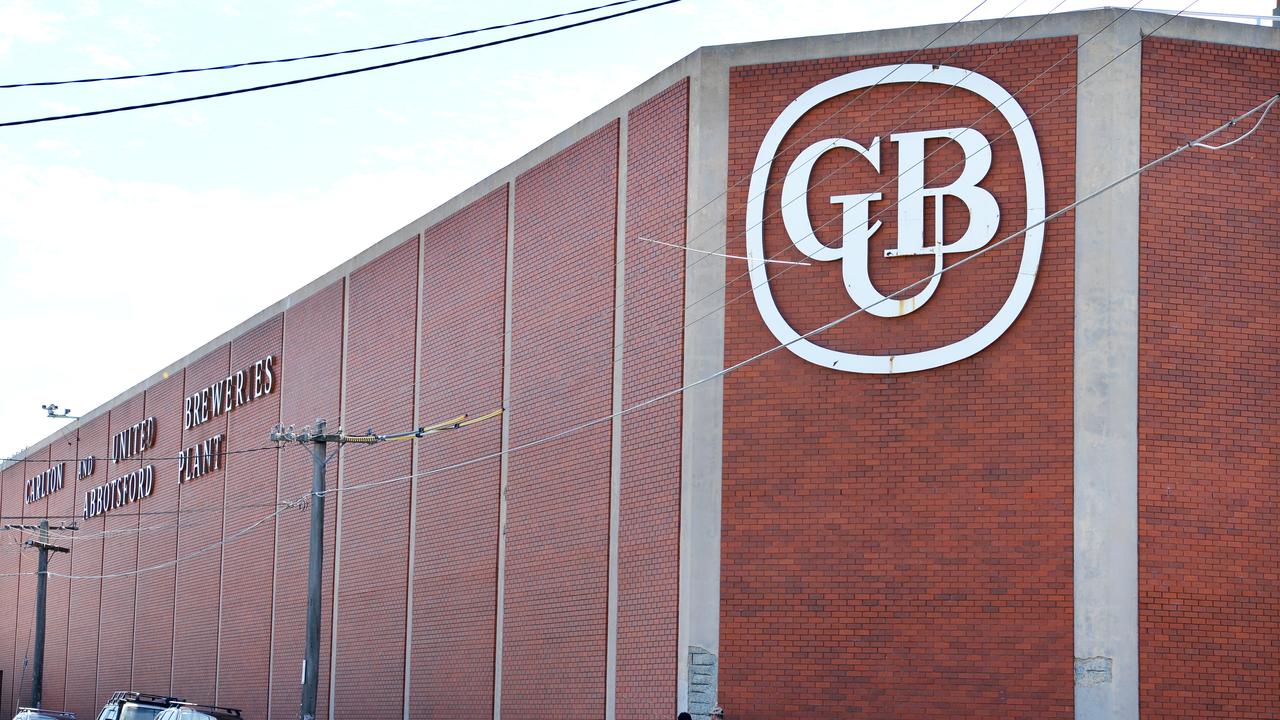
Originally published as Australia‘s craft beer system at brink of collapse - as breweries lose battle to multimillion dollar overseas giants









